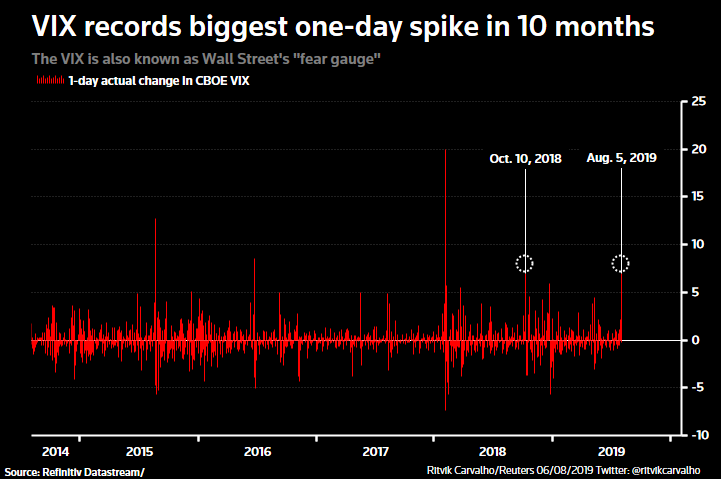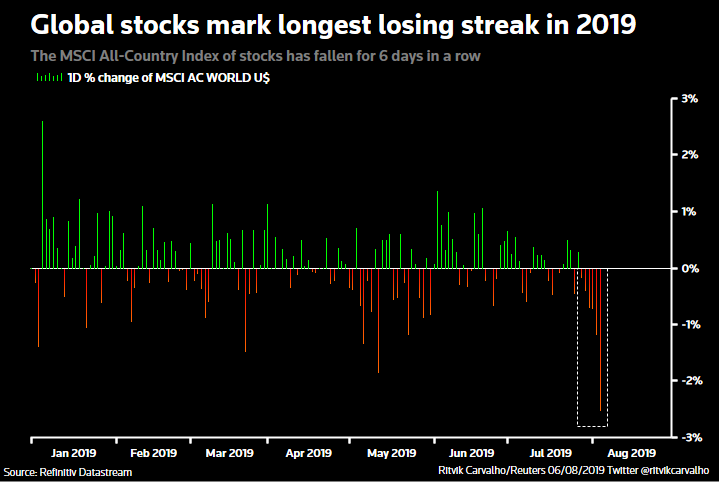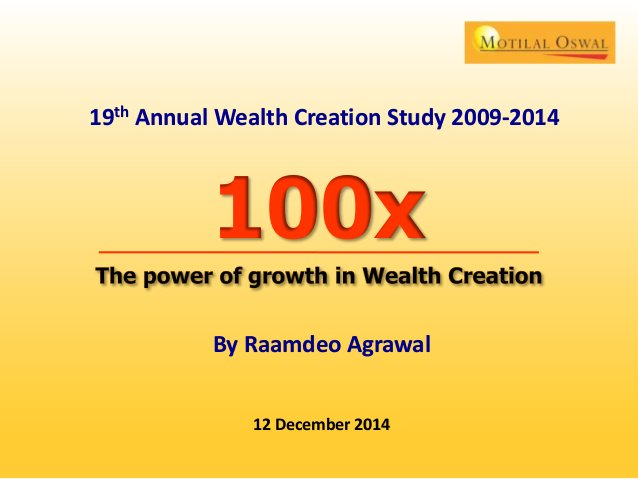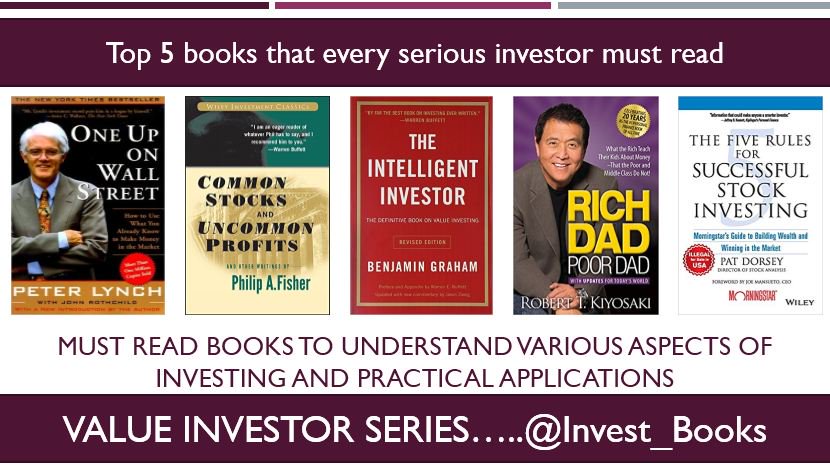I’ve heard this excuse from VCs explaining a decision to pass on investing in an atypical market. It’s usually a diplomatic way to express a deeper concern about a business, and it’s often a mistake. Here’s why:
/1
/2
🛒 Supermarkets
🚘 Automakers
🏦 Banks
🏭 Industrial Manufacturers
👨🌾 Agribusinesses
/3
Software has eaten the world. Every company is now a tech company. There’s more buyers of startups than ever before.
/4
👛 They usually offer lower multiples
🐌 Buy fewer companies overall
🗿Tend to prefer more mature startups
But it’s not like traditional buyers are without warts...
/5
☕️ Use their market power to grind down the price
🖍️ Redraw cap tables to misalign stakeholders
📻 Go radio silent unexpectedly and suddenly
/6
/7
/8
/9
/10
/end #CollectiveWisdom







